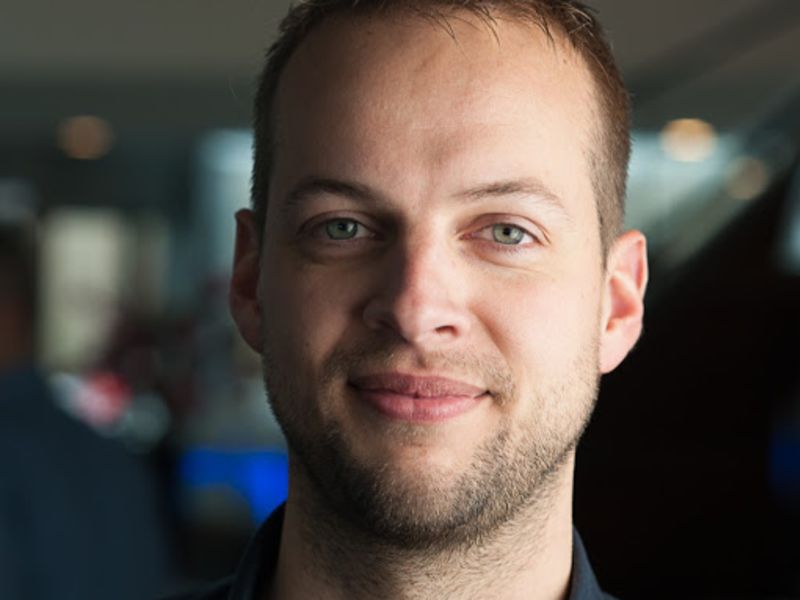
Michiel Overeem is a Lead Software Architect at AFAS (http://dev.afas.nl) and part of the team that is responsible for their future ERP Cloud platform. He started with the development of the HTML5 frontend, but switched to the .NET backend. Now he is responsible for the CQRS and Event Sourcing implementation, as well as the deployment, management and monitoring services of the platform. Not only does he loves to write code, he also loves to read and write papers. That is why he started a PhD. As a PhD candidate with Utrecht University (as part of the AMUSE project (https://www.amuse-project.org/), he is also a researcher. The focus of his research is the upgrading of model-driven, cloud-based software.
Talk
A system with thousands of event types
In the last 10 years we have applied event sourcing and CQRS in the development of our new ERP system. We now have almost two years of production experience. During these years we have run into interesting challenges that needed to be solved.
In this session we share how we built a system with many thousands of event types, with the aim of serving thousands of companies and eventually millions of users.
Short talk
Event system evolution - A Scientific Study on Event Sourcing, Lessons from Industry
Based on interviews with 25 engineers, in which we discussed 19 event sourced systems, we explore the rationale for and the context of event sourcing. Why do people use event sourcing, in what kind of systems do they apply it, and how satisfied are they. We also identify five challenges that practitioners experience: event system evolution, the steep learning curve, lack of available technology, rebuilding projections, and data privacy.
We dig deeper into the first challenge, event system evolution. We uncover five tactics that engineers use in upgrading their event sourced system: versioned events, weak schema, upcasting, in-place transformation, and copy-and-transform.
In this talk we share the results of our scientific study on event sourcing. We do not share the experience of one company, or one product, but the accumulated experiences of 25 engineers.